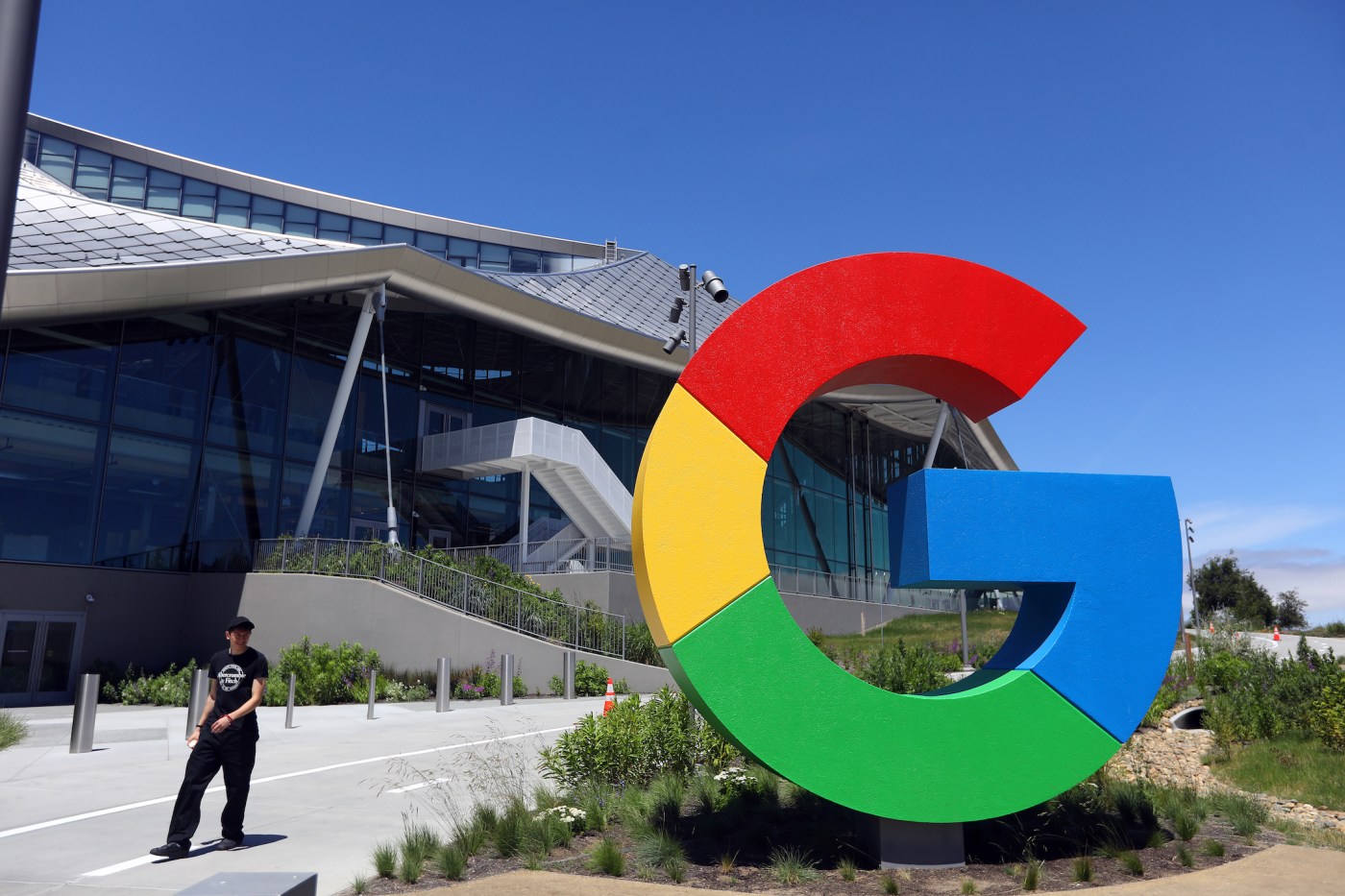Google has thrown down the gauntlet in its battle with California lawmakers and news publishers over compensation for content.
The Mountain View internet-search and digital-advertising giant will stop showing links to news stories produced by California media outlets, as it fights a state bill that would make the company and others pay fees to news publishers for content they link to on their platforms.
In a blog post Friday, Google called the move a “short-term test for a small percentage of users … to measure the impact of the legislation on our product experience.”.
That could mean in the near future, if you searched for this story on Google, it might not show up in the results.
Google on Friday refused to say whether all California news outlets would be affected, or to answer other questions, including when links would be removed. As of Friday afternoon, links to publications including the Mercury News and the Sacramento Bee still showed up in search results.
Guilds representing journalists from newsrooms across California, including the Mercury News and East Bay Times, condemned the tactic.
“California lawmakers and Gov. Gavin Newsom must stand united against Google’s undemocratic threats to censor the work of California’s journalists by shutting off news access in the middle of an election year,” guild representatives said in a statement.
Antitrust crusaders agreed.
“They have retaliated, harassed and used their power to subjugate democratic processes that are aimed at securing the future of an essential democratic institution,” said Courtney Radsch, director of the Center for Journalism and Liberty at the Open Markets Institute, an antitrust think tank. “There’s a lot of value that is created by news that is not returned to news.”
Related Articles
Editorial: Google’s threat to cut off news in California is a bully tactic
Google faces deluge of new $10,000 Incognito mode lawsuits after class-action deal
Google to purge ‘private’ Incognito mode user records, but will keep snooping
Google to purge billions of files containing personal data in settlement of Chrome privacy case
Gmail revolutionized email 20 years ago today. People thought it was Google’s April Fool’s Day joke
The bipartisan California Journalism Preservation Act (AB 886) aims to boost the finances of traditional news outlets that have struggled even as their content has helped digital-advertising titans attract users to their platforms. The bill passed the state assembly but stalled in the California Senate in July under heavy lobbying from big tech companies. (The Bay Area News Group belongs to the California News Publishers Association, which is sponsoring the bill.)
Google and Facebook’s parent company, Meta, have been battling similar efforts around the world.
“As we’ve shared when other countries have considered similar proposals, the uncapped financial exposure created by (the Act) would be unworkable (and) in its current form would create a level of business uncertainty that no company could accept,” Google said in the blog post.
In Canada, under threat of a similar law, Google agreed in November to pay $73.5 million a year to news organizations for their content. Australia was the first country to pass a law forcing major tech companies to pay news companies for content.
Oakland Democrat Buffy Wicks, the assembly member behind the bill, said Friday it was about “basic fairness” and “ensuring that platforms pay for the content they repurpose.” Riverside Republican Assemblyman Bill Essayli is a co-author.
Researchers at Columbia University and the University of Houston released a paper in November that estimated Google’s annual advertising revenue from Search was well over $50 billion, and that revenue linked to news media search results amounted to $21 billion a year.
Wicks said she was committed to continued negotiations with Google “to secure a brighter future for California journalists and ensure that the lights of democracy stay on.”












